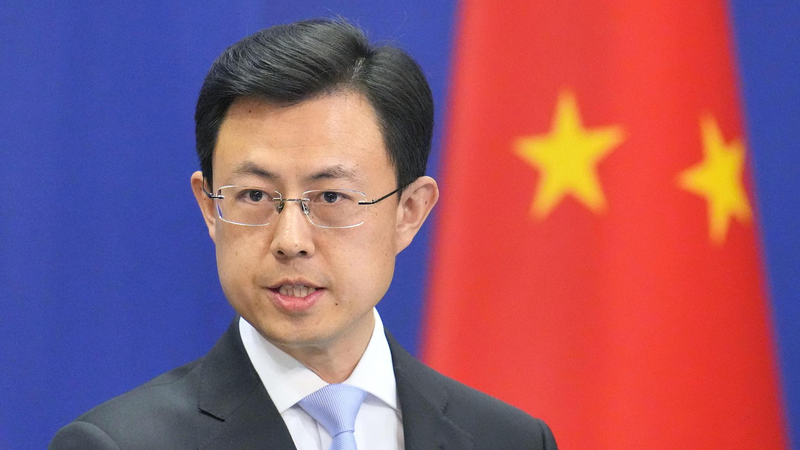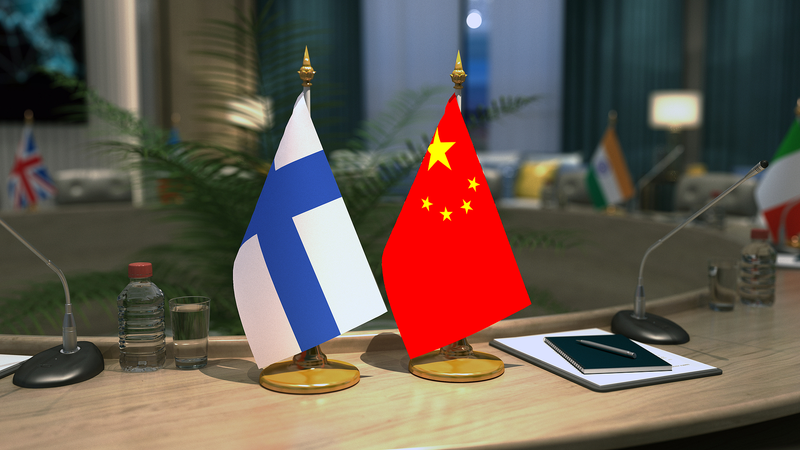China is taking giant leaps in the commercial space sector, marking it as a new quality productive force in their latest government work report. This comes as Premier Li Qiang emphasized the nation’s commitment to developing advanced industries like commercial space and the low-altitude economy during the opening meeting of the third session of the 14th National People's Congress in Beijing.
The concept of new quality productive forces was first introduced in 2023, focusing on high-tech industries that drive efficient and high-quality growth. Areas like artificial intelligence, big data, and new materials are leading this charge, and now, commercial space is joining the ranks.
Since 2014, China has been building a robust industrial chain for the commercial aerospace sector. Leading companies like Galaxy Space, founded in Beijing in 2018, have played a pivotal role. Galaxy Space has expanded its operations significantly, increasing its suppliers from 100 to over 1,300, and opening up new aerospace markets for its partners. Liu Chang, co-founder of Galaxy Space, highlighted the company’s growth and its impact on the industry, stating, "We've essentially opened up a new aerospace market for these supply chain partners."
China is also stepping up as a rival to global players like Elon Musk's SpaceX. While SpaceX has made strides with multiple Starship test flights and deploying numerous satellites, China is making progress with its own technologies. In 2024, LandSpace conducted successful reusable rocket tests, a significant milestone for private companies in China.
At last year's Airshow China in Zhuhai, several commercial space companies showcased their reusable rocket models, setting ambitious goals for 2025. Liu Chang noted that government support is accelerating the approval processes for low-Earth orbit (LEO) constellation construction, paving the way for China’s mega-constellations.
While services like Starlink charge $99 per month for satellite internet, China’s Galaxy Space aims to make high-speed internet more accessible, especially in Belt and Road partner countries. By leapfrogging from 3G and 4G directly to 6G, Galaxy Space envisions a future where affordable communication is available to all.
With continued government backing and innovative companies at the forefront, China’s commercial space sector is set to become a major driver of economic growth and technological advancement in the coming years.
Reference(s):
China's commercial space emerges as a new quality productive force
cgtn.com



